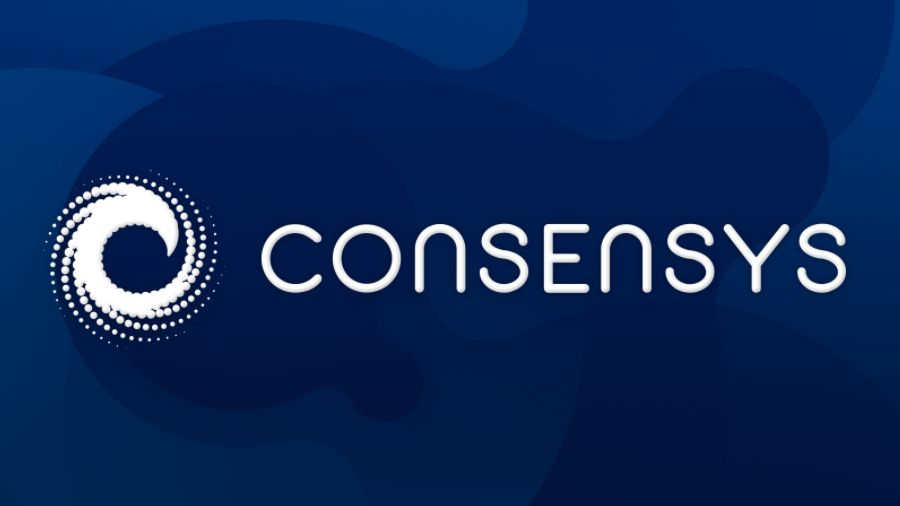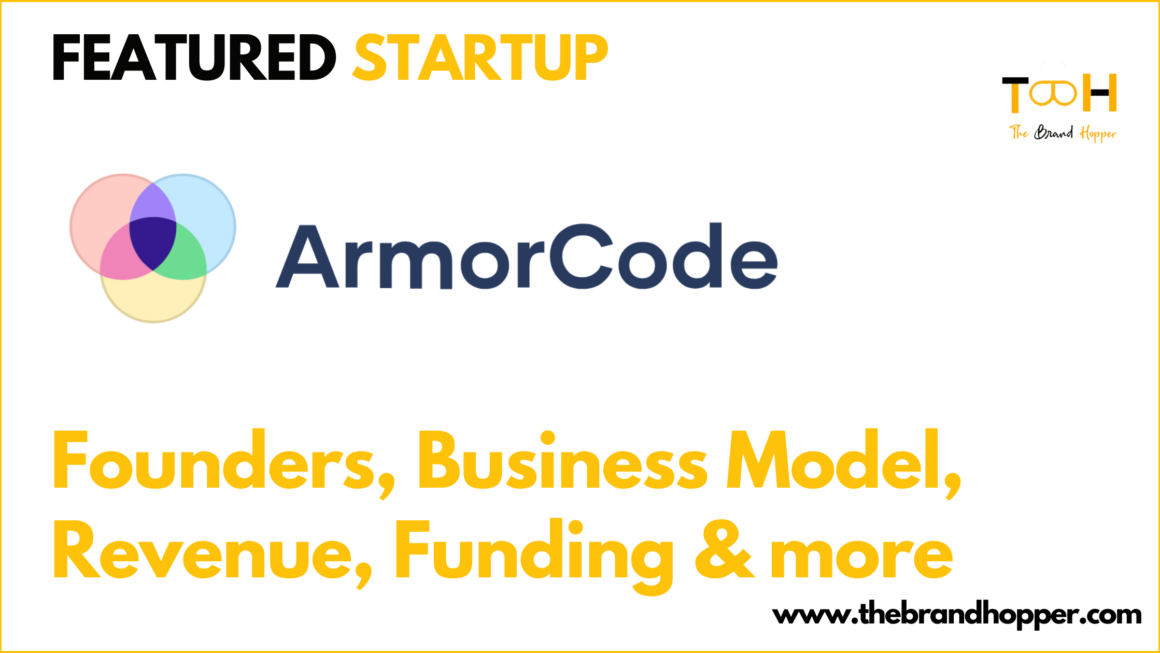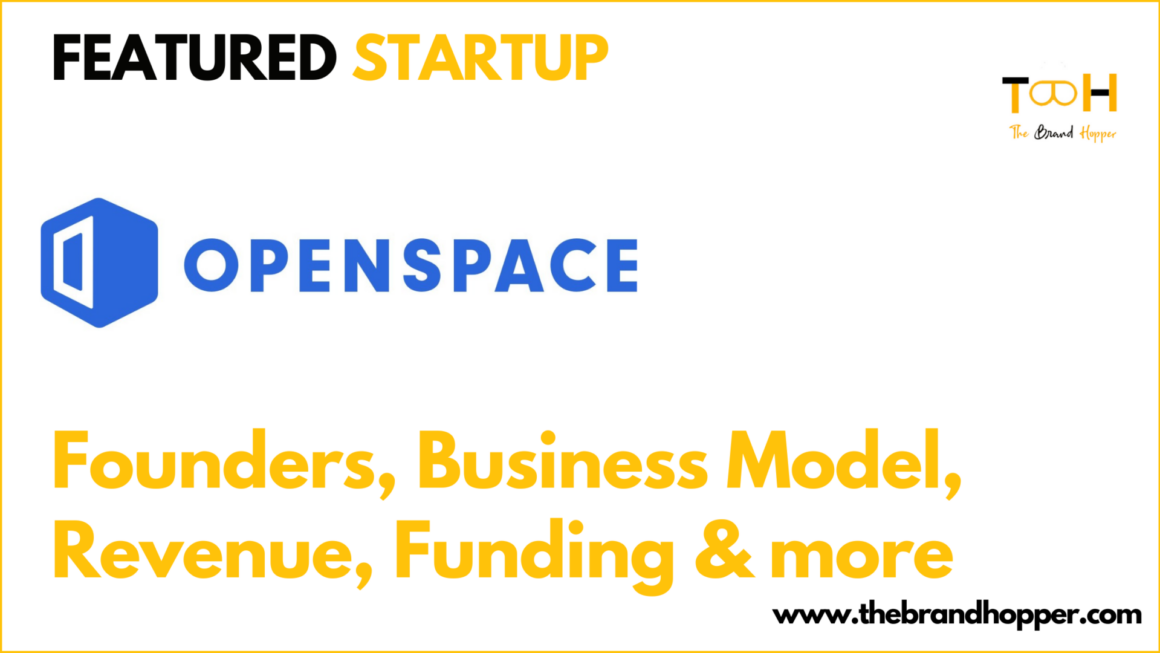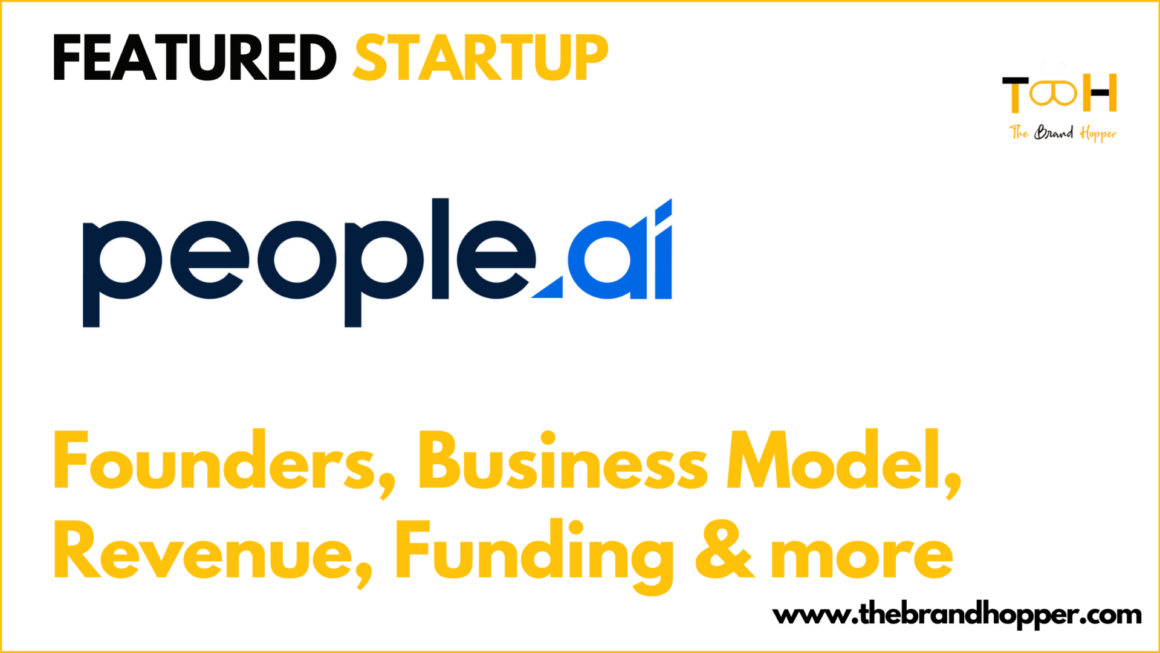In the rapidly evolving landscape of blockchain technology, ConsenSys has emerged as a leading global player, driving innovation and adoption of decentralized applications and services. Founded in 2014 by Joseph Lubin, one of the co-founders of Ethereum, ConsenSys has played a pivotal role in advancing the potential of blockchain technology and the Ethereum ecosystem.
ConsenSys operates as a venture production studio, providing a wide range of services, products, and platforms that enable businesses and developers to leverage the power of blockchain technology. With its headquarters in Brooklyn, New York, ConsenSys has grown into a global network of technologists, entrepreneurs, and blockchain enthusiasts, spread across numerous locations worldwide.
At the heart of ConsenSys’ mission is the Ethereum blockchain, a decentralized, open-source platform that enables the creation of smart contracts and decentralized applications (dApps). ConsenSys aims to build and support the infrastructure, tools, and frameworks that allow developers to build innovative applications on the Ethereum platform.
The founding of ConsenSys was closely tied to the Ethereum blockchain’s inception. Joseph Lubin recognized the transformative potential of blockchain technology early on and co-founded Ethereum alongside Vitalik Buterin and others. Inspired by the possibilities offered by Ethereum, Lubin established ConsenSys to foster the growth of the Ethereum ecosystem and drive its adoption across various industries.
ConsenSys operates through multiple divisions, each focused on different aspects of blockchain development and adoption. These divisions include ConsenSys Solutions, which provides strategic advisory services and blockchain solutions to enterprises; ConsenSys Ventures, an investment arm supporting early-stage blockchain projects; and ConsenSys Labs, a hub for research, development, and innovation in blockchain technology.
One of the notable contributions of ConsenSys to the blockchain ecosystem is the development of numerous tools, frameworks, and protocols. These include Truffle, a popular development environment and testing framework for Ethereum dApps, and Infura, a scalable infrastructure service that allows developers to access and interact with the Ethereum network.
ConsenSys also actively engages in collaborative projects and partnerships with organizations worldwide, including governments, enterprises, academic institutions, and startups. Through these collaborations, ConsenSys aims to drive the adoption of blockchain technology and promote its use cases across sectors such as finance, supply chain management, healthcare, and more.
With its strong emphasis on decentralization, transparency, and community-driven development, ConsenSys has established itself as a key contributor to the advancement of blockchain technology. The company’s commitment to fostering innovation, supporting developers, and promoting the adoption of Ethereum has earned it recognition as a leading force in the blockchain industry.
Founding History and Founders of ConsenSys
The founding story of ConsenSys is deeply intertwined with the inception of the Ethereum blockchain and the vision of its co-founder, Joseph Lubin. ConsenSys was established in 2014 in Brooklyn, New York, as a venture production studio focused on building decentralized applications (dApps) and supporting the growth of the Ethereum ecosystem.
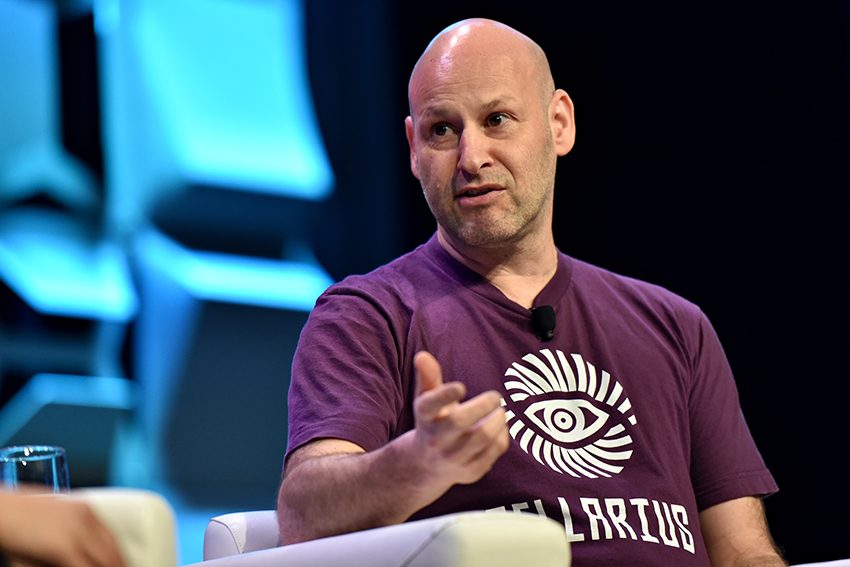
Joseph Lubin, a Canadian entrepreneur and software engineer, played a pivotal role in the founding of both Ethereum and ConsenSys. Lubin had a background in robotics, artificial intelligence, and decentralized technologies. He became fascinated with the potential of blockchain technology and recognized its ability to transform various industries.
In late 2013, Lubin became one of the co-founders of Ethereum alongside Vitalik Buterin, Gavin Wood, Anthony Di Iorio, and others. Ethereum aimed to go beyond the capabilities of Bitcoin by introducing a programmable blockchain platform that could support the creation of smart contracts and dApps.
Following the successful launch of Ethereum’s public blockchain in 2015, Joseph Lubin founded ConsenSys to support the development and adoption of the Ethereum ecosystem. Lubin envisioned ConsenSys as an incubator for decentralized projects and a hub for blockchain innovation.
ConsenSys started with a small team of blockchain enthusiasts and developers who shared Lubin’s passion for decentralized technologies. The company grew rapidly, attracting top talent from various backgrounds, including software engineering, cryptography, and business development.
Under Lubin’s leadership, ConsenSys embarked on a mission to build the infrastructure, tools, and frameworks necessary to unlock the full potential of Ethereum. The company’s decentralized organizational structure, known as the “hub-and-spoke model,” allowed for autonomy and collaboration among its various divisions and projects.
ConsenSys operates with a focus on both the business and technical aspects of blockchain technology. The company has divisions dedicated to providing strategic advisory services, developing enterprise solutions, investing in promising blockchain projects, and driving research and innovation.
Beyond its internal activities, ConsenSys has been actively involved in collaborative projects and partnerships with organizations worldwide. These collaborations aim to accelerate the adoption of Ethereum and blockchain technology across different sectors, ranging from finance and supply chain management to healthcare and social impact initiatives.
As ConsenSys grew, it expanded its global presence, establishing offices and teams in multiple countries, including the United States, Canada, United Kingdom, France, Germany, Singapore, and Australia. This global reach has allowed ConsenSys to engage with diverse communities and contribute to the development of blockchain ecosystems around the world.
Joseph Lubin’s visionary leadership and commitment to the Ethereum ecosystem have been instrumental in ConsenSys’ growth and influence. His expertise in blockchain technology, combined with his entrepreneurial spirit, has helped shape ConsenSys into a leading player in the blockchain industry.
Today, ConsenSys continues to advance the adoption of Ethereum and decentralized technologies. With its focus on innovation, collaboration, and community-driven development, ConsenSys remains dedicated to realizing the potential of blockchain for creating a more decentralized, transparent, and inclusive world.
Products and Features of ConsenSys
ConsenSys offers a diverse range of products and platforms that empower developers, enterprises, and individuals to build and interact with decentralized applications (dApps) on the Ethereum blockchain. Here are some of the notable products and features developed by ConsenSys:
Infura: Infura is a scalable infrastructure service that allows developers to connect to the Ethereum network without the need to run their own nodes. By leveraging Infura, developers can access the Ethereum blockchain and build dApps without the complexity and maintenance requirements of running a full node. Infura provides reliable and high-performance API endpoints, ensuring seamless interaction with the Ethereum network.
MetaMask: MetaMask is a widely used browser extension that serves as a cryptocurrency wallet and dApp gateway. It enables users to securely store and manage their Ethereum-based assets, interact with dApps, and sign transactions. MetaMask acts as a bridge between the browser and the Ethereum blockchain, providing a user-friendly interface for seamless dApp integration and transaction management.
Truffle Suite: Truffle Suite is a comprehensive development framework designed to streamline the process of building, testing, and deploying smart contracts and dApps on Ethereum. It includes Truffle, a development environment that offers a suite of tools for writing and managing smart contracts; Ganache, a personal blockchain for local development and testing; and Drizzle, a front-end library that simplifies the integration of dApps with user interfaces.
ConsenSys Codefi: Codefi is a suite of blockchain-based solutions designed to address the needs of enterprises, financial institutions, and decentralized finance (DeFi) projects. Codefi encompasses various platforms and services, including Codefi Assets, Codefi Networks, Codefi Payments, and Codefi Data. These platforms provide solutions for asset tokenization, decentralized governance, payment processing, analytics, and compliance in the blockchain space.
ConsenSys Diligence: ConsenSys Diligence is a security-focused service that offers smart contract audits and security assessments. It helps organizations identify vulnerabilities and ensure the robustness of their smart contracts and dApps. ConsenSys Diligence conducts comprehensive security audits, code reviews, and penetration testing, providing valuable insights to enhance the security and reliability of blockchain-based applications.
ConsenSys Quorum: Quorum is an open-source enterprise blockchain platform developed by ConsenSys in collaboration with J.P. Morgan. Quorum is designed to provide privacy, high throughput, and enterprise-grade features to support various use cases, such as supply chain management, finance, and decentralized identity. Quorum leverages the Ethereum Virtual Machine (EVM) and integrates privacy-enhancing features to meet the specific requirements of enterprise blockchain applications.
ConsenSys Academy: ConsenSys Academy offers blockchain education and training programs to empower developers, entrepreneurs, and individuals seeking to build their expertise in blockchain technology. The academy provides online courses, certifications, and hands-on training to equip learners with the knowledge and skills needed to navigate the rapidly evolving blockchain ecosystem.
These are just a few examples of the extensive range of products and features developed by ConsenSys. The company’s commitment to fostering innovation, driving the adoption of Ethereum, and supporting the development of decentralized applications has made it a key contributor to the growth and advancement of the blockchain ecosystem. By providing robust infrastructure, developer tools, and enterprise solutions, ConsenSys continues to empower individuals and organizations to harness the transformative potential of blockchain technology.
Business Model of ConsenSys
ConsenSys operates on a unique and multifaceted business model that encompasses various revenue streams and strategies to support its mission of advancing the Ethereum ecosystem. Here are the key components of ConsenSys’ business model:
Venture Production Studio: ConsenSys operates as a venture production studio, which means it incubates, develops, and launches its own decentralized projects and startups. It provides financial, technical, and operational support to these projects, helping them navigate the challenges of blockchain development and bringing innovative solutions to market. ConsenSys nurtures these projects until they can function independently or attract external investment.
Strategic Advisory Services: ConsenSys offers strategic advisory services to enterprises, governments, and organizations looking to leverage blockchain technology. These services include blockchain consulting, architectural design, implementation planning, and strategic guidance on utilizing Ethereum and other decentralized technologies. ConsenSys helps organizations identify and explore blockchain use cases, develop adoption strategies, and navigate regulatory and compliance challenges.
Enterprise Solutions: ConsenSys develops enterprise-grade blockchain solutions tailored to specific industry needs. These solutions encompass areas such as supply chain management, financial services, decentralized identity, and asset tokenization. ConsenSys collaborates with enterprises to design and implement blockchain solutions that enhance transparency, efficiency, and trust in their operations.
Infrastructure and Development Tools: ConsenSys provides infrastructure services and development tools that support the Ethereum ecosystem. Infura, one of ConsenSys’ key offerings, allows developers to connect to the Ethereum network without running their own nodes, simplifying access and enhancing scalability. Additionally, ConsenSys develops tools like Truffle Suite, which streamline the development and testing of Ethereum smart contracts and dApps.
Investment and Incubation: ConsenSys Ventures, the investment arm of ConsenSys, provides funding, mentorship, and resources to promising blockchain startups. By investing in early-stage projects and providing them with the necessary support, ConsenSys aims to foster innovation and grow the overall blockchain ecosystem. This investment and incubation strategy helps ConsenSys build a diverse portfolio of blockchain ventures and expand its influence in the industry.
Developer Community and Education: ConsenSys recognizes the importance of nurturing a vibrant developer community to drive innovation and adoption. The company offers educational programs, training courses, and certifications through ConsenSys Academy to equip developers with the skills and knowledge needed to build on Ethereum. ConsenSys also organizes hackathons, workshops, and events that foster collaboration and knowledge sharing within the blockchain community.
Collaborations and Partnerships: ConsenSys actively engages in collaborations and partnerships with organizations across industries, including governments, enterprises, academic institutions, and other blockchain startups. These collaborations aim to advance the adoption of blockchain technology, explore new use cases, and contribute to the development of industry standards and best practices. By partnering with key stakeholders, ConsenSys expands its reach and influence in the blockchain ecosystem.
ConsenSys’ business model is centered around building and supporting the Ethereum ecosystem through a combination of venture production, strategic advisory services, enterprise solutions, infrastructure development, investment and incubation, developer education, and collaborative partnerships. This diverse range of revenue streams allows ConsenSys to drive innovation, foster adoption, and create sustainable value within the blockchain industry.
Also Read: OpenSea – Startup Story, Business Model, Growth & Funding
Potential Revenue Streams of ConsenSys
There are several potential revenue streams for ConsenSys:
Blockchain development services: ConsenSys provides consulting services around building DLT-based enterprise solutions for different industries including supply chain, healthcare, insurance, and more. They develop smart contracts, decentralized applications (dApps), and provide integration assistance between different blockchain networks. Charging companies for this expertise could be one way for them to generate revenue.
Infrastructure-as-a-service (IaaS): ConsenSys offers cloud hosting services through its web3 stack called Infura. The company charges SaaS fees to dApp developers and entrepreneurs using Infura APIs to build decentralized applications on top of different public chains. Revenue comes from transaction fees paid to use Infura services.
Token generation events (TGEs): Companies often seek out ConsenSys, due to its strong reputation within the Ethereum community, to help launch TGEs. The company has experience organizing token sales, creating sale strategies, performing security audits, market analysis, and competitive landscape assessments. For successful projects, ConsenSys typically takes a percentage of funds raised during the initial coin offering (ICO).
DAO governance services: As organizations move toward decentralized autonomous organizational structures, they rely on digital identity and voter validation services provided by ConsenSys Verifiable, which ensures members have control over their own identifying information. For every vote processed, ConsenSys charges small fees that count towards revenue generation.
Training and education programs: ConsenSys Academy creates content and instructor-led courses covering topics surrounding Web 3 technologies, Solidity programming language, EIP creation, and research projects. Course completion fees become another source of revenue for the company.
Merchant adoption: With MetaMask, the leading universal Ethereum wallet provider, ConsenSys is exploring ways to monetize merchant adoption in the long run. Currently, they offer free use of Metamask for individuals and merchants alike to facilitate easy interactions when transacting with digital assets. Nonetheless, as Web3 becomes increasingly widespread, there may be opportunities to create value-added features and premium options for select merchants, such as advanced analytics tools for understanding user behavior, loyalty programs, targeted advertising capabilities, etc. These features would come at a cost but improve merchants’ ability to effectively engage with customers and increase conversion rates. Additionally, ConsenSys could explore collaboration models with specific merchants that directly integrate Metamask into their online checkout process for enhanced convenience and ease of purchase experiences.
Cross-platform interoperability solutions: As multiple public blockchains emerge, each supporting unique use cases and native tokens, interconnectivity between disparate systems remains a challenge. To resolve these issues, ConsenSys is developing InterOP technology that allows for data exchange and communication across otherwise isolated networks. By providing these cross-blockchain solutions, they can potentially earn money from license agreements, subscription plans for usage-based pricing, and/or transaction fees applied during interop data transmissions.
Research and development partnerships: Collaborating with academic institutions, venture capital firms, incubators, and accelerator programs can lead to innovative advancements in Web3 technologies. Through R&D investments, these partnerships can drive ConsenSys forward in areas like scalability enhancements, privacy preservation techniques, multi-party computation schemes, and efficient consensus protocol optimization. While the short-term benefits of these partnerships might be limited, they could ultimately translate to valuable intellectual property rights, patented technologies, and improved standards in the long term, allowing the company to gain recognition, influence industry direction, and position itself as an authority in the space. Such advantages could open up new business opportunities or even alternative revenue streams down the line.
Artificial intelligence (AI) and machine learning (ML) services: As Web3 integrates with various domains, there will be an increased need for sophisticated AI and ML algorithms capable of analyzing large amounts of data generated by smart contract executions and distributed ledgers. ConsenSys Digital Engineering can take advantage of its deep technical expertise, leveraging talent within ConsenSys Labs and the larger Ethereum ecosystem, to support clients seeking next-generation data processing solutions tailored specifically for Web3 environments. Providing these AI/ML-related professional services, ConsenSys can establish itself as a leader in Web3-enabled automated decision making while generating additional revenue streams.
Developing standalone utilities: Since some essential infrastructure components don’t require centralization, building independent utility products around self-sufficient smart contract architectures could enable ConsenSys to capture value without relying solely on its current project portfolios and service lines. Examples include producing autonomous auction bots operating independently on DEXes, tamperproof voting modules, or decentralized whistleblowing platforms for workplace reporting. Once released under appropriate licensing terms, these specialized utilities could continuously generate passive income for ConsenSys without direct maintenance responsibilities, enabling further expansion into adjacent markets while supplementing existing revenue streams.
By diversifying its revenue streams, ConsenSys aims to build a sustainable business model while advancing the adoption and development of blockchain technology.
Growth of ConsenSys over the years
ConsenSys is a blockchain technology company that has seen significant growth in recent years, both in terms of the number of employees it has and the total amount of funding it has raised.
Here are some of ConsenSys’ growth numbers:
- Employees: In 2017, ConsenSys had 100 employees. By 2022, the company had grown to over 1,000 employees.
- Funding: In 2017, ConsenSys had raised $200 million in funding. By 2022, the company had raised over $1 billion in funding.
In March 2022, ConsenSys had closed a $450 million funding round, taking its valuation to $7 billion. ParaFi Capital led the round and was joined by new investors, including Temasek, SoftBank Vision Fund 2, Microsoft, Anthos Capital, Sound Ventures, and C Ventures.
ConsenSys’ growth is being driven by a number of factors, including:
- The increasing adoption of blockchain technology by businesses and governments.
- The growing need for blockchain-based solutions for a variety of industries.
- ConsenSys’ strong product offerings, which include a wide range of blockchain-based products and services.
- ConsenSys’ focus on innovation. The company is constantly developing new blockchain-based products and services.
ConsenSys is a rapidly growing company that is well-positioned to continue its growth in the years to come. The company’s strong product offerings, focus on innovation, and the increasing adoption of blockchain technology are all factors that will help it to maintain its growth momentum.
Here are some additional growth numbers for ConsenSys:
- Number of products: ConsenSys has developed over 200 blockchain-based products and services.
- Number of customers: ConsenSys has over 1,000 customers in over 60 countries.
- Market share: ConsenSys is one of the leading blockchain technology companies in the world, with a market share of over 10%.
ConsenSys is a leading player in the blockchain technology space. The company’s strong growth numbers and market share are a testament to its success. ConsenSys is well-positioned to continue its growth in the years to come.
Also Read: Fireblocks – Founders, Features, Business Model & Growth
To read more content like this, subscribe to our newsletter

